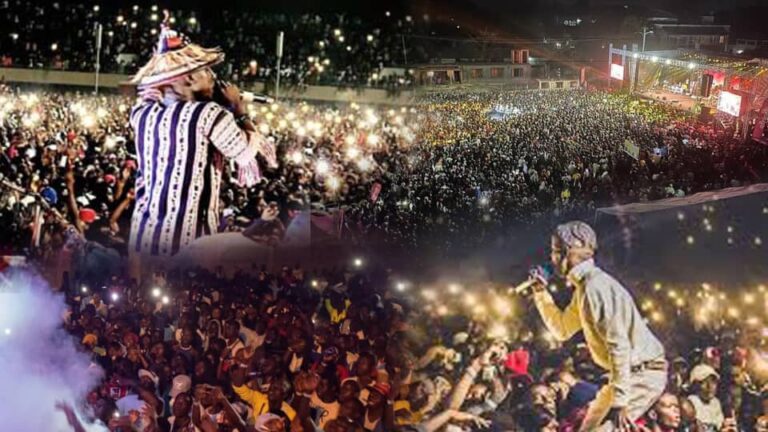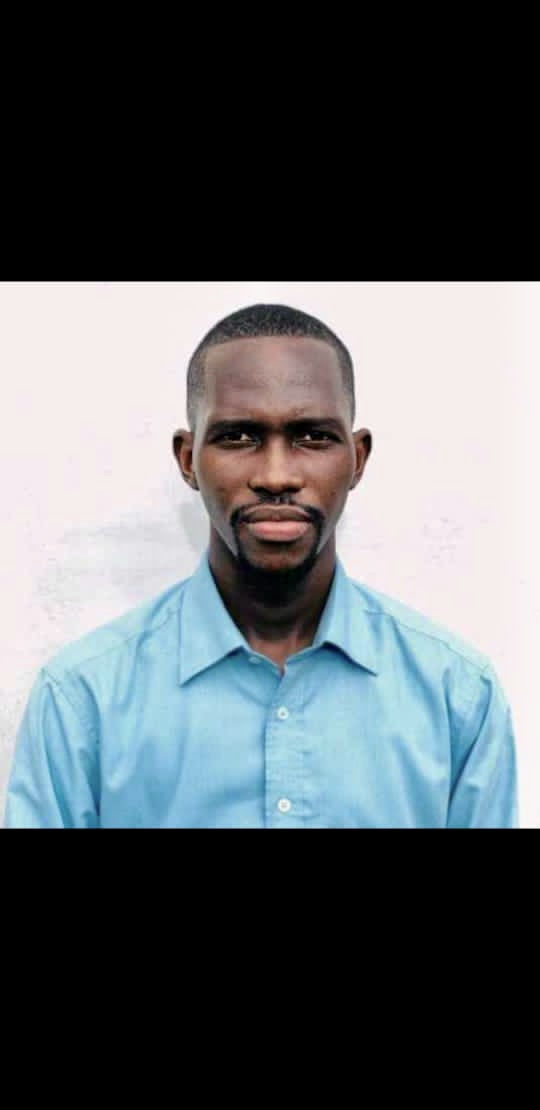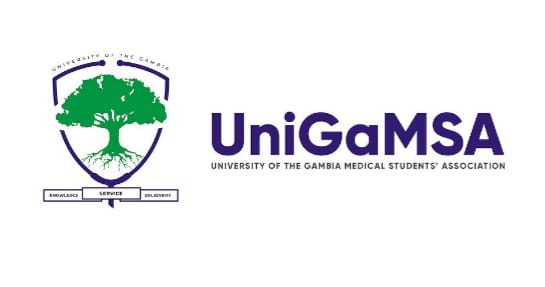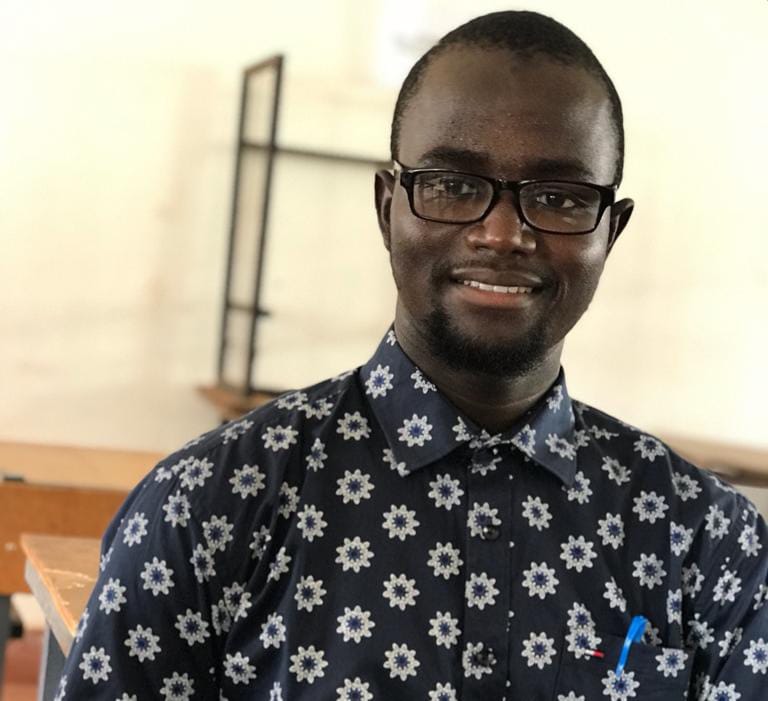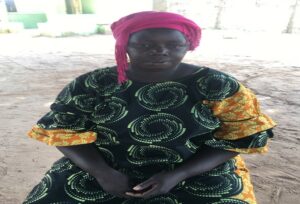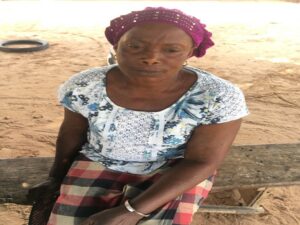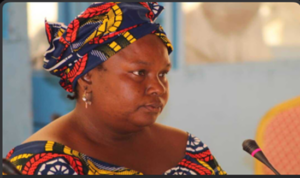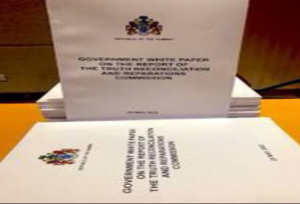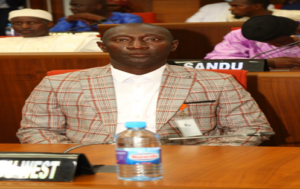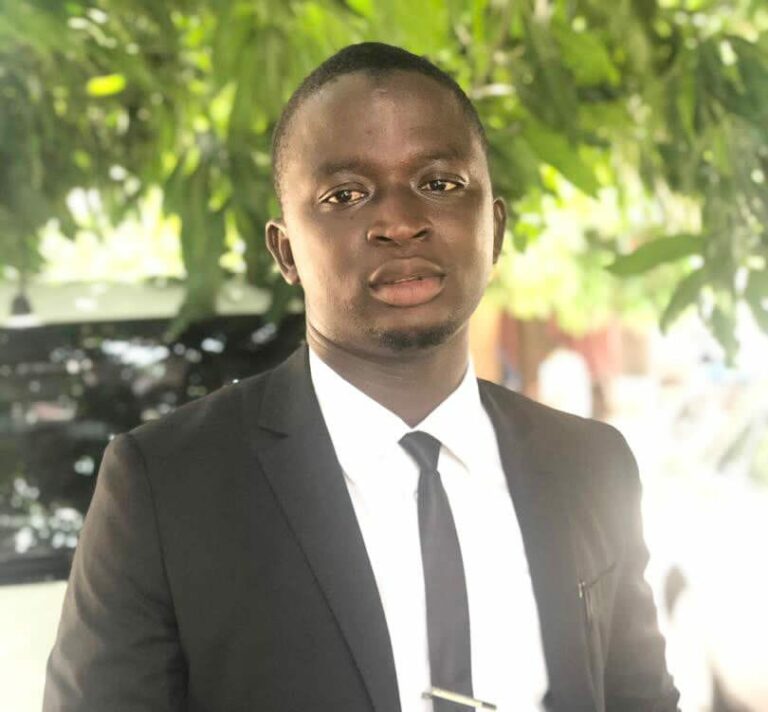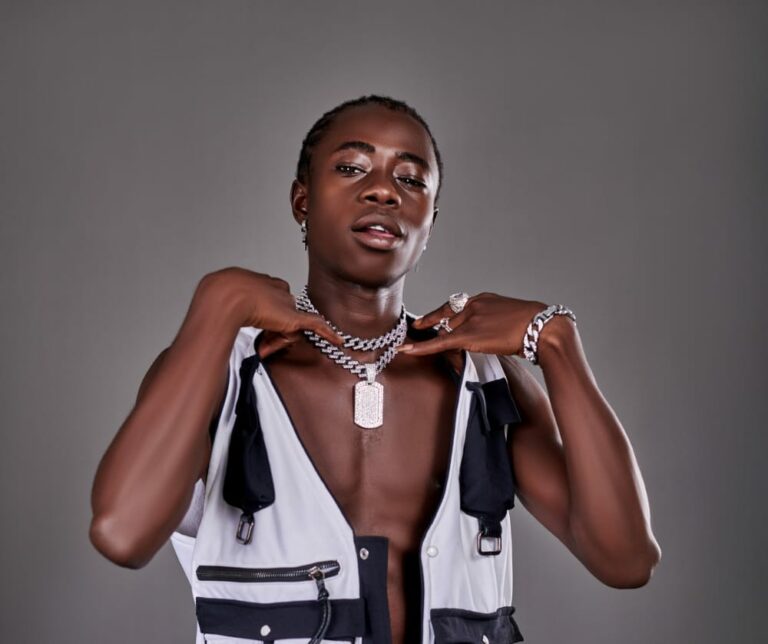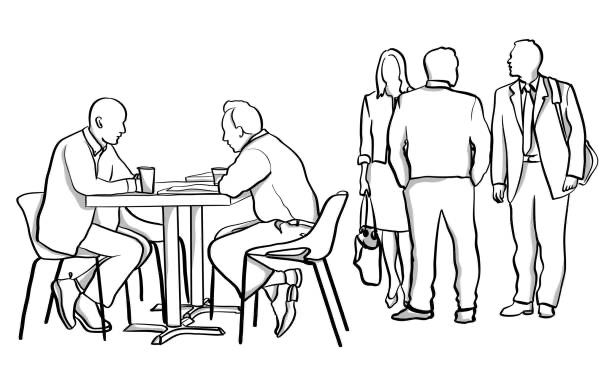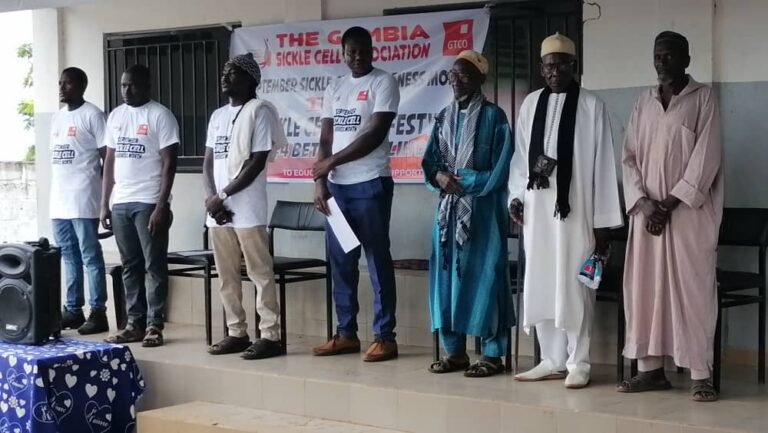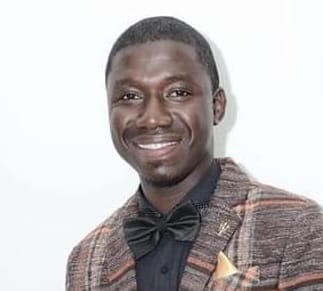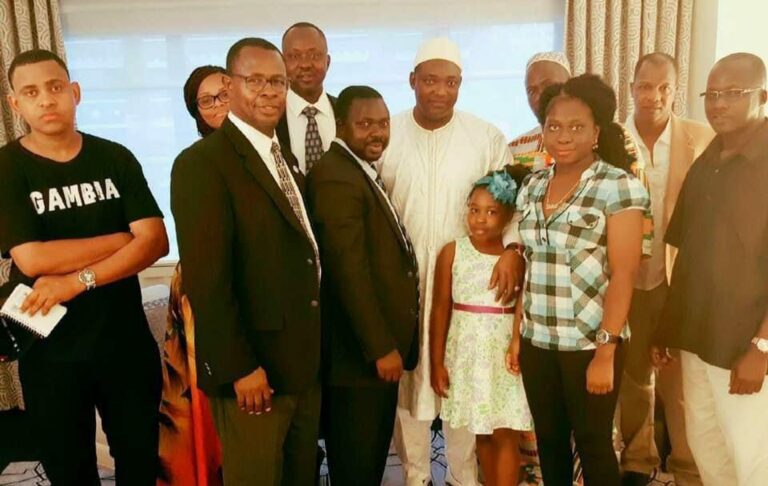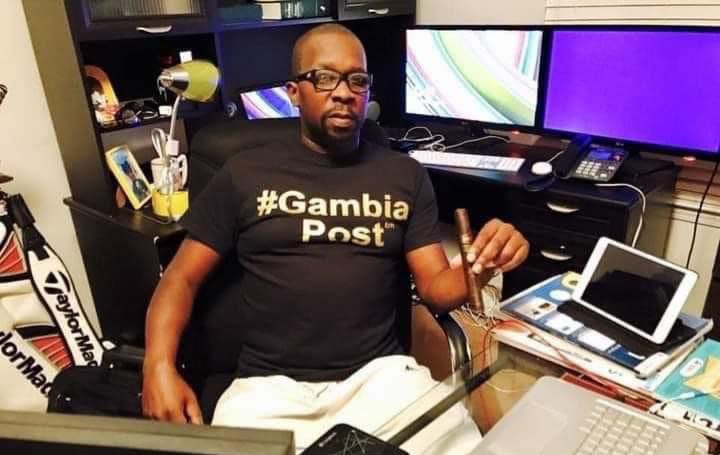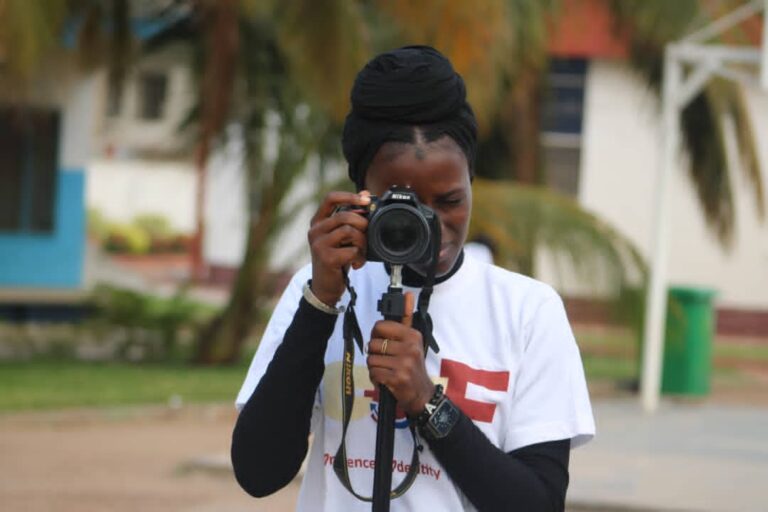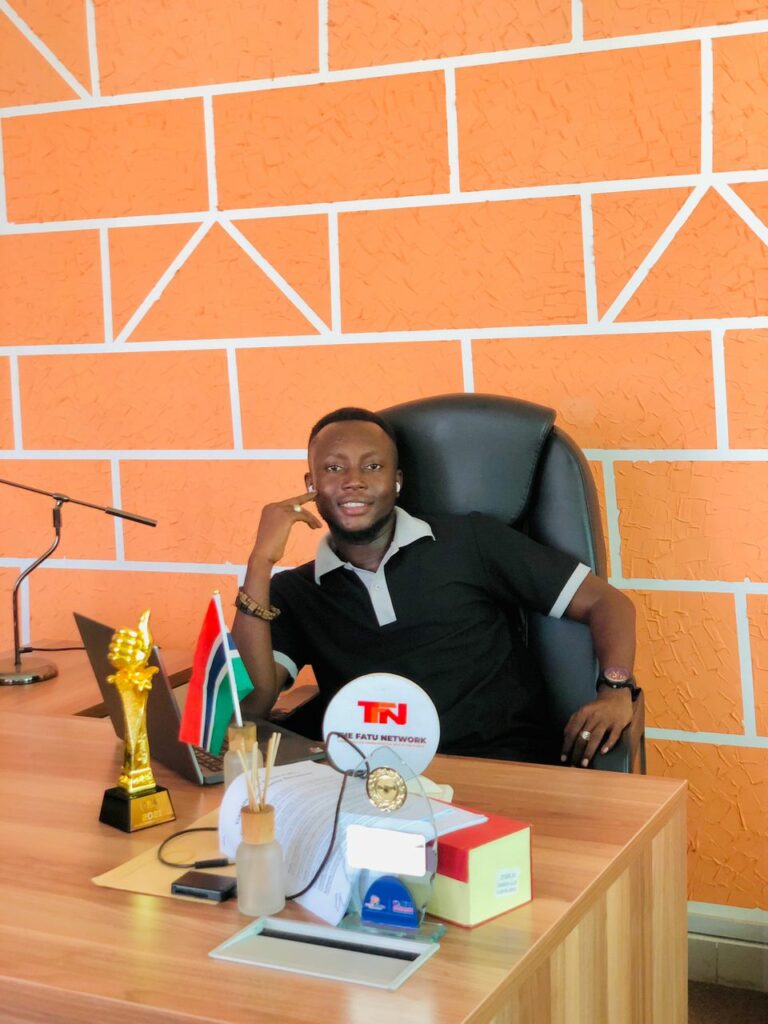By Famara Fofana
Stakeholders in Gambian football will on Saturday August 27 2022 decide who becomes the President of Gambia Football Federation – for the next four years – through an elective congress.
The two men in the race are incumbent Lamin Kaba Bajo and businessman Sadibou Kamaso, a man who was at the front and center of the campaign that landed Kaba his second tenure. The fact that Kamaso was until recently part of the team he is now bent on sending home makes this particular contest even more fascinating.
Pro-Kaba people are legislating a case for continuity, arguing that the incumbent should be given a chance to accomplish what he has since his first term been rolling out. It’s a campaign that has sustainability at the core of its tagline. On the flip side, it is the contention of the Kamaso fandom that after eight years, Gambian football yearns for a new leadership that would metaphorically clean the house in the shape of rebranding, remodeling, and restoring confidence. In between, there are those who also hold the view that none of the contenders can lay claim to be best in class. It has become a turbo-charged titanic affair, mimicking a battle of political heavyweights.
A Glance at the Recent Past When Kaba and Kamaso Shared Same Camp
On the 29th of July 2018, when asked by journalist Lamin Del Fadera why Lamin Kaba Bajo deserved to be given another four-year mandate upon the completion of his first term, Kamaso, introduced in that special interview as spokesperson, said among other things:
“I believe people should vote in Team Kaba once more because there were promises that were made before Team Kaba came into GFF house and they said the first thing they were going to do was to bring sanity back to GFF house because before 2014, this is the only executive… actually…. that has served a full mandate without being dissolved after series of normalizations and troubles here and there, and bans from FIFA and the like.
“So, what we wanted to do is to ensure that sanity is brought back into the GFF house. Then, we said the mission…. the vision…. was to develop and promote healthy football community in The Gambia, stabilize and improve the financial and administrative infrastructure and with key focus on qualifying the team.”
Back then, Sadibou Kamaso maintained that most of those promises were delivered, citing a structured football calendar (November-June) as something that was lacking prior to the assumption of office by Team Kaba.
Four years on, the two men are singing from different hymn sheets. In fact, it is safe to say that the pair now share asymmetrical footballing visions for Gambia, even if their manifestos bear certain semblance which alone was enough to ignite accusations and counter-accusations of plagiarism from either side.
The Countdown
For months now, the race for the leadership of Football House has been akin to a high-stake party politics. Both sides appear to be running well choregraphed media campaigns – not least Sadibou Kamaso – whose PR team seems to have perfected the skill of image making. On social media, images of the man in the mould of an A-list corporate executive abound.
Endorsement videos of candidate Kamaso have also been in high supply on Facebook, including ex-national team players. Of all the endorsements that have appeared in his favour thus far, the one by one-time Youth and Sports Minister Mass Axi Gai, erstwhile National Sports Council boss Bori Darboe and former GFF supremo Seedy Kinteh would be the most notable. And given the well-documented past between the different GFF regimes, one couldn’t help but wonder whether that was a well calculated move by Kamaso and entourage to rub into his new opponent’s face.
Similarly, incumbent Kaba too has been having his own share of approvals. Among those who threw their weight behind the former diplomat and minister, as announced on the team’s Facebook page, are veteran sportscaster Tijan Masanneh Ceesay, Lamin Owens and Baboucarr Laos, who is reputed to be the record holder for The Scorpions longest serving skipper. The camps are not letting anything to chance in their charm offensive. It is proving to be a never-before-seen feud in terms of strategic content production and packaging aimed at winning hearts and minds.
Nonetheless, having operated within the inner sanctum of Gambian football, neither Kamaso nor Kaba would be under any illusions that the success of their respective presidential bid hinges entirely on immaculate photo-ops and well-crafted messages on the digital ecosystem. While most of those endorsements coming from high-profile individuals are capable of providing a feel-good factor or a psychological edge, how they translate into votes could be a different ballgame altogether.
For now, the opening salvos have already been fired. Lamin Kaba told The Fatou Network that he is one thousand percent a better candidate than his special brother (Kamaso), in view of he (Kaba’s) ‘records’.
Meanwhile, during the unveiling of his executive team, Kamaso, who is also General Secretary of Hawks Football Club, sarcastically taunted that by August 27, “we will separate the men from the boys.”
As it stands, both Kaba and Kamaso have unveiled their executive teams with their nominations already given a seal of approval by the Electoral Committee. Each camp can boast of highly experienced and/or educated individuals drawn from diverse backgrounds but with strong ties to Gambian football. These include ex-players, retired referees, and football administrators.
‘Promises Unfulfilled’ – Team Kamaso
Taking a rearview mirror during a studio interview with sports broadcaster Sara Camara, Team Kamaso’s Baboucarr Sey asked Gambians to be their own judge as regards the delivery of promises made by Team Kaba in their manifesto. Specifically, journalist Sey pointed out grassroots and youth football development, national football league development, professional league, regional football development, national team development, income generation as priority areas outlined by the current GFF executive for 2018 to 2022.
“Have they done it? Have our infrastructure been improved? Are we financially sustainable? Are we not always relying on FIFA and government? GFF has the means of generating funds and not only FIFA and government and not only focusing on FIFA and government? Is our league professionalized for four years?” Sey put it rhetorically.
Baboucarr Sey maintains that they are not indulging in any finger pointing, except that they are aiming the finger to things that are wrong. While he admits that work relating to football infrastructure falls under the remit of the government, he pulled no punches:
“It was this Gambia Football Federation that wrote to FIFA and told them that ‘we want to play football but our structures are not good. We want to renovate our structures.’ They wrote a very good proposal to FIFA to get them the amount of what —- will cost.”
Meanwhile, when asked how much this amount was, Sey said there were different projects with each having their own number and amount:
“But I can …. I can tell you ….to summarize … I don’t want to go 2014…. We are talking about 2018 to 2022, I can tell you for free …. that the Gambia Football Federation have spent 65 million dalasi on twelve projects … and none of these projects is ready.”
The Team Kamaso campaign manager also argued that for any decentralization to take effect, the infrastructure ought to be in place first, highlighting Serekunda East, Serekunda West, Banjul, Brikama, Gunjur, Jarra Soma pavilion, Busumballa grass pitch and pavilion, the swimming pool at the goal project as part of a dozen projects that did not go to plan.
“They sat for three years without playing nawettan. And we all know — all of us running clubs, we depend on this nawettan to recruit players for our teams — three years and counting — apart from the Covid. We don’t even have grounds to play. Gambians should be their own judge. We are not here to point fingers, but we are pointing fingers to things that are wrong.”
‘Monumental Achievements Made’ – Team Kaba
At a ceremony marking the launch of their 2022-2026 manifesto, the word monumental echoed loudly in Team Kaba’s appraisal of their performance dashboard. Despite the litany of charges levelled against him and team, the incumbent Lamin Kaba Bajo wasted little time in reminding everyone that today the Gambia occupies a respectable spot in the global footballing community thanks to Scorpions’ first-ever qualification and eventual participation in the Africa Cup of Nations, finishing sixth in Cameroon.
“Other categories of national teams (men and women) have registered remarkable strides in the past four years. Absolute decentralization of football has been achieved in the Gambia under my leadership with every region now represented in the national league.
“We continue to ensure that league clubs, both national and regional levels, are supported financially, materially as well as conducting capacity building programs to be able to honor their competitive commitments. These supports are done across the gender divide,” Kaba highlighted.
In retrospect, the retired army captain did also touch on the issue of accountability and transparency even though he didn’t pinpoint any specifics as far as financial performance is concerned:
“In the last eight years, there’s absolute separation of powers between the executive committee and secretariat staff. We’ve never missed a single AGM where we present our annual reports, audited accounts in the previous year, present the budget for the upcoming year and many resolutions, all of which have been approved by the members.”
Grassroot football is an area faulted by many a critic of Kaba as leaving a lot to be desired, but as he takes stock of his team’s score card, the incumbent was bullish:
“We have developed and implemented clear and precise grassroot football development programs in collaboration with FIFA and CAF and Gambia schools football association. Giant strides have been made in the area of women football development and I can confidently say that gone are the days when parents and society frown at women football because of the policy direction, actions and interactions with FIFA and other stakeholders.”
A Polarized Footballing Community
While the candidates are at it – in a way that is getting emotive and somewhat personal by the day – supporters of the two camps aren’t being kind to each other – at least – online. With every passing day, individual backers of Kamaso and Kaba put up strong arguments as to why their man deserves the GFF hot seat and what makes the other candidate ill-suited for the job.
Amid the tidal wave of bandwagon clambering and digital shadow-boxing between the two sets of camps, there also exist the neutrals. They belong in the constituency that believes neither Kaba nor Bajo has the answers to Gambia’s footballing problems. Germany-based football enthusiast Del Alexandra Dabo wrote earlier in July:
“If there must be a new face at GFF, it should be an outsider, not one that is an integral part of the system that perpetuate incompetence, ineptitude and corruption; neither man should lead the association. But if I have to choose, I prefer Kaba.”
Jon Mendy alias Ras Judah, a passionate fan and commentator of Gambian football, is holding the cards to his chest in his assessment of the two candidates eyeing the GFF presidency.
“Despite not having a horse in this race, this coming election is even of high importance to me because we are choosing someone who will make the decisions regarding Gambian football for the next four years.”
By his conviction, Judah noted that neither candidate is deserving of this position because of their ‘track records’:
“The FF under Kaba’s leadership had failed the football fraternity on several occasions, especially the experiences of players not receiving their allowances on time or being stuck due to bad logistical planning. The U-17 disqualification for age fraud is still fresh in my mind and that happened under his watch.
The Gambia not playing Nawettan for years owing to the unavailabity of grounds, according to Judah, is another reason why many Gambians yearn for change. When it comes to Kamaso, he has his reservations equally on account of previous connections with the establishment he is now critical of.
“I do not know much about him but the little I know warrants my decision not to jump on the Kamaso bandwagon. The biggest deterrent for me is knowing he was part of the Kaba camp. The camp went through so many scrutiny for alleged mismanagement of funds, corruption, and all. Kamaso was part of the set-up but not once did I read or watch him distance himself from the Federation. What has changed all of a sudden?”
Significantly, the 25,400 dollars (Scorpions’ hotel accommodation money) that reportedly went missing in Kamaso’s possession at Morocco’s Muhammed V airport in Casablanca is also proving to be a tangled web for the former GFF procurement committee Chairman. In spite of the multiple explanations advanced by him regarding that incident while enroute to the Angolan capital, Luanda as part of the Afcon 2021 qualifiers – how he voluntarily ended up repaying 600,000 dalasis in instalments, and how a GFF instituted inquiry cleared him of any foul play – doubts still linger in some people’s minds.
“It’s not unusual for people to lose their personal belongings during long trips but the way he explained the whole situation and the way he sounded defending himself against the allegations during the SULTAN Eye Africa TV interview led me to believe that I want to see a more level-headed, composed individual. Managing Gambian affairs requires a lot of cool personalities, great communication qualities, and on that occasion, he didn’t impress,” Ras Judah posited.
New Yundum resident and vocal youth leader Malang Bojang was equally scathing of the two candidates: “In as much as Team Kaba is not my topmost choice; I doubt as much Sadibou led leadership wouldn’t be any different. I think the stakeholders should for once do the honorable and be sincere to some of us the rogue supporters/fans of this beautiful game. You know Kaba and Sadibou aren’t any different if we are talking about our football.”
The Electoral Committee – Misgivings and Clarifications Thereof
Ahead of the August 27 elective congress, there have been rumblings in certain quarters that GFF General Secretary Lamin Jassey’s ties with the Electoral Committee could compromise the fairness of the electoral process. Jassey, by the way, also happens to be the Secretary to the electoral body. His role, as clarified at a media briefing and subsequently published in the GFF website on June 30th, is to “take part in the activities of the Committee in a consultative capacity.”
The committee’s Vice Chair, Saikou B. Jarjue maintained that the electoral process would be “guided by the GFF Constitution, the Electoral Code, and the FIFA Code of Ethics as enshrined in the GFF Statutes.”
Quizzed over concerns over the EC’s impartiality, GFF’s Communications Director Baboucarr Camara said:
“That’s just a fiction of people’s imaginations because the General Secretary doesn’t have any vote, influence or decision-making power in the Electoral Committee.
“His inclusion in the committee is clearly provided for and defined by the GFF Code in Article 5.2 which states: ‘The General Secretary of the GFF shall serve as the Secretary of the Electoral Committee. He shall take part in the activities of the Committee in a consultative capacity.’
“Thus, he is responsible for the related logistical matters and takes care of administrative matters.”
Camara, citing Article 5.6, adds that the Electoral Committee may also be assisted by members of the general secretariat at any time, provided they are not standing as candidates for elected posts. Regarding the election of the electors themselves (Electoral Committee Members), the GFF Communications chief explained that, that was done by members of the GFF during the last Annual General Meeting in December of 2021 in line with Article 30.2 of the federation’ Constitution, which he quoted as thus.
“Elections shall be conducted by an Electoral Committee which shall be elected by the General Assembly in the AGM before the elective congress in compliance with the electoral code.”
Who Has Voting Right?
According to the General Secretary of the Gambia Football Federation, a total of 77 votes are at stake in the upcoming GFF elective congress. The following power brokers will decide between Kaba and Kamaso and the executive team either man sells to the public.
16 First Division Clubs
18 Second Division Clubs
7 Regional Associations each with 4 votes
5 Allied Associations each with 3 votes
For clarity purpose, the allied associations comprise Gambia Football Coaches Association, Gambia Football Players Association, Gambia Football Referees Association, Women’s Football Association, and Secondary Schools Sports Association
Infrastructure – a Common Denominator for Both Camps
When it comes to their blueprint for the development of football in the Gambia, both Kaba and Kamaso on paper are very clear in their intentions should they win the GFF presidency. While a gamut of issues has been identified in their respective manifestos such as resource mobilization, women’s football advancement, player welfare, capacity enhancement, etc., INFRASTRUCTURAL development occupies a central plank of either candidate’s programs and policies.
Already, Team Kaba, on their scorecard, concede that infrastructure is one of the key factors hindering rapid football development in the Gambia. Nonetheless, they underscore their resolve to improve mini-stadiums in phases even as they admit delays in the completion of certain grounds. “The planned works will continue to ensure that we improve on the standards of the said stadiums to conform to CAF standards in hosting local and international club matches.” There is a caveat though given that their intended infrastructural works are contingent on the availability of FIFA Development Funds.
Similarly, Team Kamaso, as spelt out in their manifesto, dubbed The Starting XI, recognizes Standard football pitches as “one of the most pertinent instruments to promote, develop and improve football in any society.” It recognizes that “football cannot be called beautiful if it is being played on pitches that fall very short of standard playing pitch.” They argue that the lack of standard playing pitches has not only impeded Gambia’s football development, but also negated the careers of its sportsmen. To execute this, Kamaso and team say they will undertake a holistic approach alongside park owners/custodians, municipalities, area councils, governors and the government to develop playing grounds for better player protection and production.
While it remains unclear where the pendulum will swing on the big day, what is evident is that the race for Football House is testing past loyalties to the limit, reopening some old wounds as well as putting the state of Gambian football under some sort of forensic scrutiny that is galvanizing public interest like never before. It is a run neither Kaba nor Kamaso is prepared to lose.

